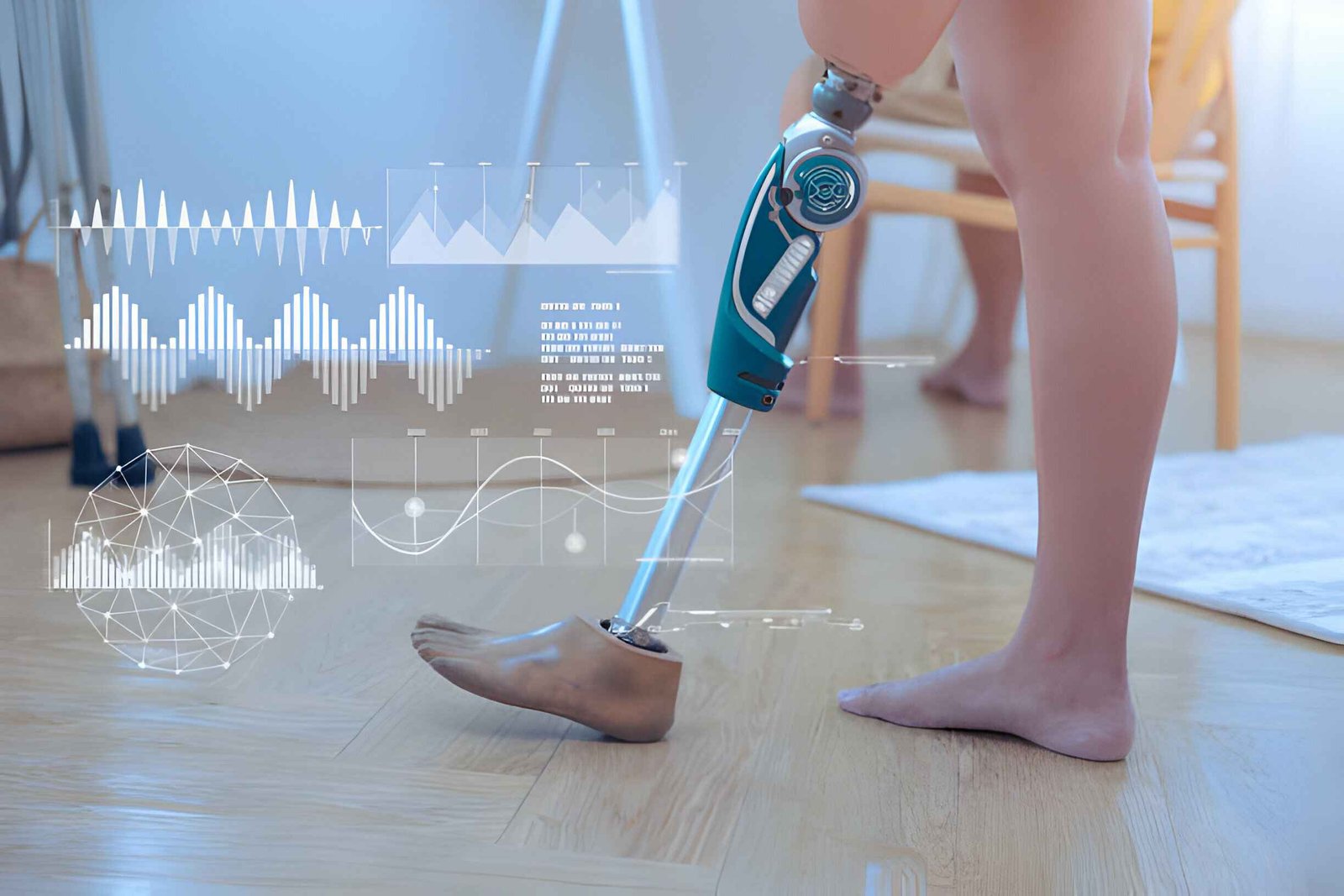New Farming Technology: The agricultural landscape has undergone a significant transformation in recent years and propelled by advancements in technology. From precision agriculture to automated machinery and genetically modified crops, these innovations have revolutionized farming practices and enhancing productivity, sustainability, & efficiency. However and amid the myriad benefits, there lurks a shadow side to these new farming technologies. This article delves into the potential negative aspects that accompany the adoption of cutting-edge agricultural technologies.
Environmental Concerns
One of the foremost concerns associated with new farming technology is its environmental impact. While technological advancements aim to streamline processes & maximize yields and they often come with unintended consequences. For instance and the use of heavy machinery & chemical inputs in modern farming practices can lead to soil degradation and water pollution, and loss of biodiversity. Moreover, the increased energy consumption associated with high-tech farming methods contributes to carbon emissions and exacerbating climate change.
Genetically Modified Organisms (GMOs)
The widespread adoption of genetically modified organisms (GMOs) in agriculture has sparked considerable debate and controversy. While proponents argue that GMOs can boost crop resilience and pest resistance, & nutritional value, critics raise concerns about their long-term effects on human health and the environment. The cultivation of genetically engineered crops may lead to unintended consequences such as the development of resistant pests, genetic contamination of non-GMO crops, & potential harm to beneficial insects and wildlife.
Dependency on Technology
The rapid integration of technology into farming practices has created a dependency that could have far-reaching implications. Farmers reliant on sophisticated machinery, precision tools, and digital platforms may face challenges when technology malfunctions or becomes inaccessible due to factors like power outages or cyberattacks. Moreover, the cost of acquiring and maintaining high-tech equipment can be prohibitive for small-scale farmers, widening the gap between large agribusinesses and smaller operations.
Job Displacement and Rural Communities
The mechanization & automation of agricultural tasks have led to concerns about job displacement & its impact on rural communities. As farms adopt advanced technologies that require fewer manual laborers, traditional farming jobs may diminish and leading to unemployment and economic strain in rural areas. This shift can also contribute to the migration of skilled workers to urban centers in search of alternative employment opportunities, furthering the decline of rural communities.
Data Privacy and Security Risks
The digitization of agriculture through data-driven technologies like precision farming and remote sensing, & blockchain solutions raises significant data privacy and security concerns.
Ethical Dilemmas in Biotechnology
The advancement of biotechnological tools in agriculture has presented ethical dilemmas that warrant careful consideration. For instance and the use of gene editing techniques such as CRISPR-Cas9 raises questions about genetic manipulation, patent rights, & unintended consequences. The patenting of genetically modified seeds by agrochemical companies has also sparked debates about farmers’ rights, seed sovereignty, & equitable access to agricultural innovations, particularly in developing countries.
Social and Cultural Impacts
The rapid adoption of new farming technologies can have profound social and cultural impacts on farming communities. Traditional farming practices, knowledge systems, and cultural heritage may be marginalized or eroded as modern technologies become dominant.
Regulatory Challenges and Policy Frameworks
The complex nature of new farming technologies poses challenges for regulatory bodies and policy frameworks. Balancing innovation with safety, environmental protection, & ethical considerations requires robust regulatory mechanisms that keep pace with technological advancements.
Mitigating Negative Impacts and Promoting Responsible Innovation
While the negative aspects of new farming technology are a cause for concern, proactive measures can be taken to mitigate risks & promote responsible innovation. This includes:
Research and Transparency: Conducting thorough research on the potential impacts of new technologies & promoting transparency in data collection, sharing, & usage.
Regulatory Frameworks: Developing & implementing robust regulatory frameworks that address environmental, social, ethical, & safety considerations.
Education and Training: Providing farmers with training & support to effectively utilize new technologies while fostering digital literacy & responsible agricultural practices.
Collaboration and Stakeholder Engagement: Facilitating collaboration between industry stakeholders, policymakers, researchers, & farming communities to address concerns & develop sustainable solutions.
Diversification and Resilience: Encouraging diversified farming practices, agroecological approaches, & resilience-building strategies to reduce dependency on single technologies & enhance system-level resilience.
Conclusion
While new farming technologies offer promising solutions to global agricultural challenges, they also carry potential negative impacts that must be acknowledged & addressed. By fostering a holistic approach to innovation that prioritizes environmental sustainability, social equity, data privacy, & ethical considerations and we can navigate the complexities of modern agriculture and pave the way for a more resilient and responsible farming future.





